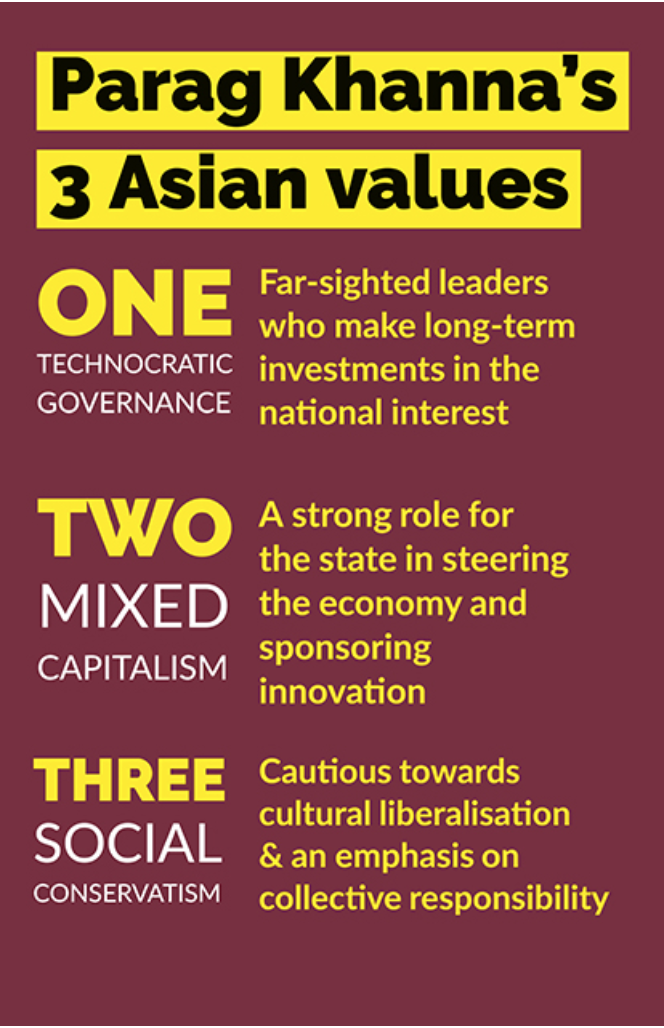Understanding the Asian future
Global-is-Asian |

Parag Khanna, managing partner of FutureMap and international best-selling author, is getting ready for the launch of his new book, The Future is Asian. He has just read The Financial Times review and is many multiples of very pleased with it. Particularly, as it points out that the book is not a Sino-centric look at Asia.
In a feat of academic fusion, Khanna is trying to speak to audiences across the East-West divide in his sixth book.
His goal:to get the Western layman to understand that Asia is more than just China. And, he wants Western scholars — those who define the prisms through which we view the world — to appreciate that the 21st Century is not just a repeat of US competition with the Soviet Union, with China as the new antagonist.
But his research-laden account has a second viewpoint which is probably more important: the emerging perception of Asia by Asians.
“Asia’s own Asianisation may be the most significant megatrend of the twenty-first century,” he writes in the book’s epilogue.
“Asians have spent the last 500 years of colonialism or the Cold War understanding their colonial masters or their Western allies better than each other,” he tells Global-is-Asian in a telephone interview.
The Asianisation of Asia sees Khanna describing Southeast Asia as a grouping with similarities to Europe in both population size, variety and economic potential.
“Asia is more a sponge than a bloc,” Khanna writes in the book. He said this was demonstrated by the capacity of Asians to learn from each other's cultures.